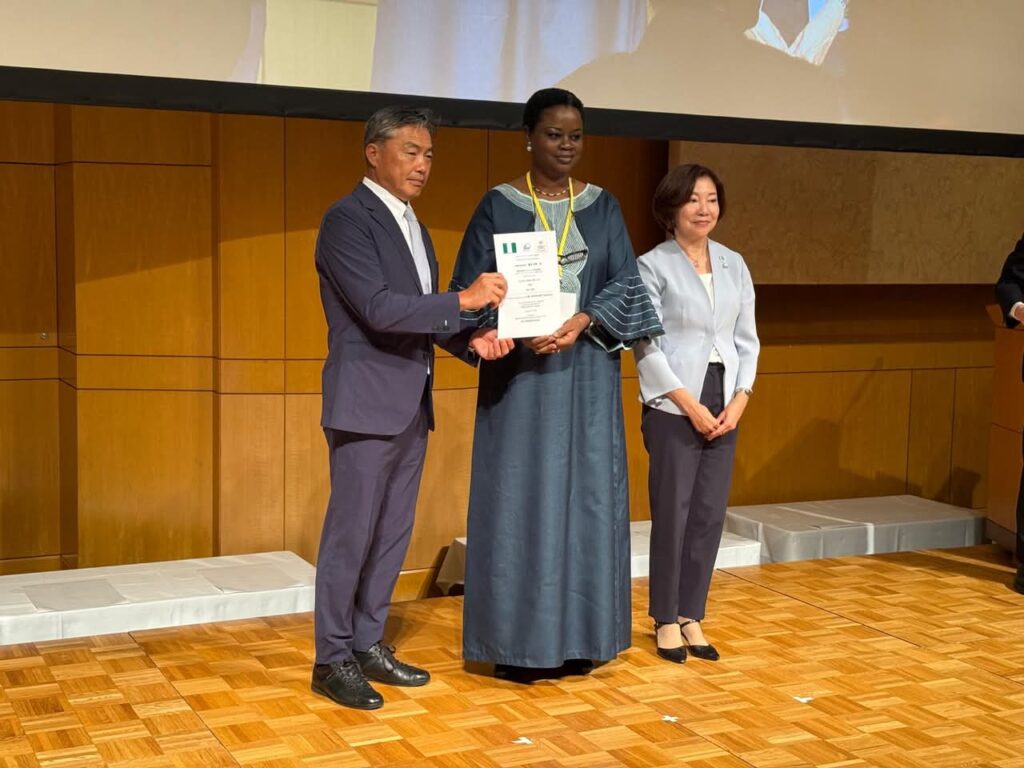The government of Japan has named Kisarazu City in Chiba Prefecture as the official hometown for Nigerians who wish to live and work in the country.
The move is part of Tokyo’s broader strategy to deepen cultural diplomacy, promote economic growth, and enhance workforce productivity.
The initiative was unveiled on the sidelines of the 9th Tokyo International Conference on African Development (TICAD9). Under the arrangement, Japan will introduce a special visa category tailored for highly skilled, innovative, and talented young Nigerians seeking to relocate to Kisarazu. Artisans and blue-collar workers from Nigeria who are willing to upgrade their skills will also benefit from the programme.
At the same ceremony, the Japan International Cooperation Agency (JICA) designated other African hometown partnerships: Nagai in Yamagata Prefecture for Tanzania, Sanjo in Niigata Prefecture for Ghana, and Imabari in Ehime Prefecture for Mozambique.
Through these pairings, Japan aims to strengthen bilateral ties with the four African countries by fostering exchange programmes and workforce collaboration. Officials believe the initiative will boost local populations in the partner cities while driving regional revitalisation.
Nigeria’s Chargé d’Affaires and Acting Ambassador to Japan, Mrs. Florence Akinyemi Adeseke, alongside Kisarazu Mayor Yoshikuni Watanabe, formally received the certificate naming Kisarazu the hometown of Nigerians.
Kisarazu already shares a history with Nigeria, having hosted the Nigerian contingent during pre-Games training for the COVID-19 delayed Tokyo 2020 Olympics.
Speaking at TICAD9, Japanese Prime Minister Shigeru Ishiba announced $5.5 billion in new investments for Africa and highlighted the importance of co-creation between Japan and African nations. He stressed three core focus areas: private sector-led sustainable growth, youth and women empowerment, and regional integration.
“Japan is providing various cooperation and support for Africa. But first of all, Japan needs to know more about Africa,” Ishiba said. “In creating solutions together, we must focus on locally rooted approaches. At the same time, we appeal to African countries to assist Japan as it faces challenges of an ageing population and shrinking agricultural land.”
The hometown partnerships are expected to lay the foundation for mutual manpower development and long-term economic growth for both Japan and its African partners.





